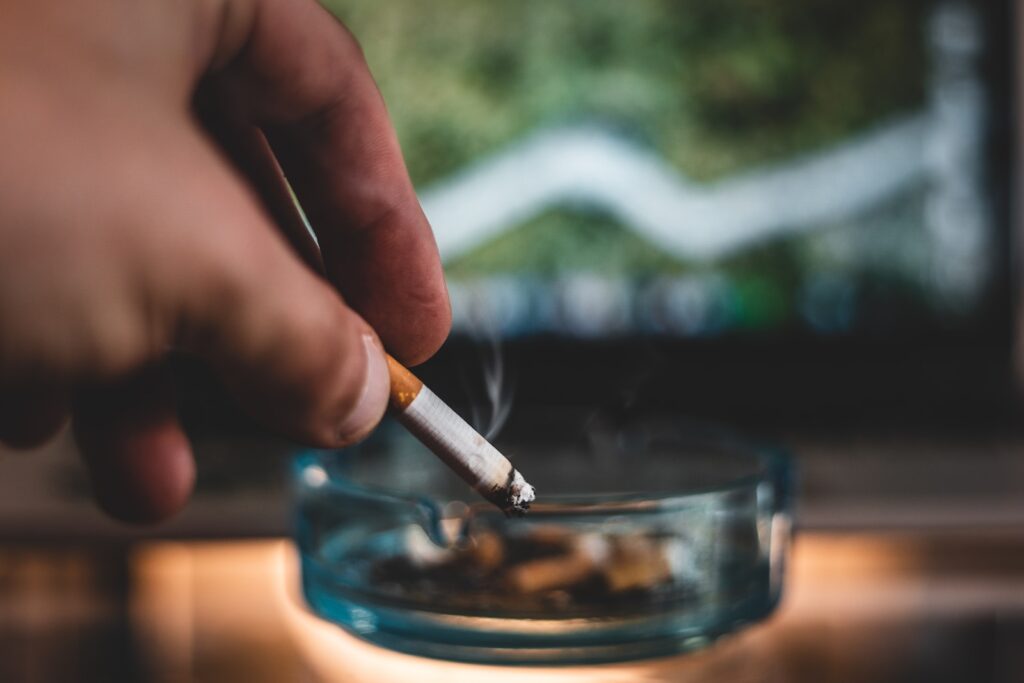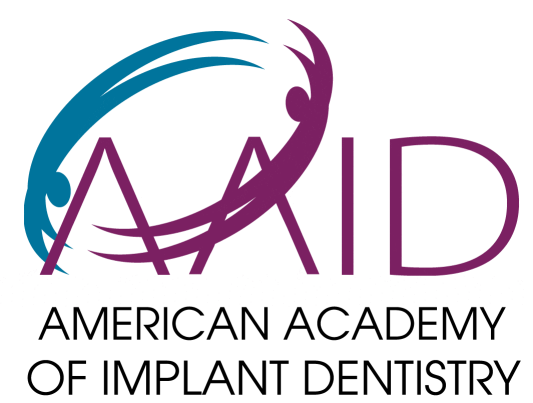The effect of smoking on oral health is devastating and far-reaching, causing yellow tooth staining, severe gum disease, tooth loss, and significantly increasing your risk of oral cancer, with smokers being twice as likely to lose their teeth and four times more likely to develop severe periodontal disease compared to non-smokers. At Lansdowne Family Dental, we help patients understand that while many smokers are aware of the risks to their lungs and heart, the destructive impact of tobacco on oral health often goes overlooked until serious, sometimes irreversible damage has already occurred.
Your mouth serves as a gateway—not just to nourishment, but to your overall health and wellbeing. With each cigarette, tobacco wages a silent war against your mouth’s delicate ecosystem, creating a cascade of problems that extend far beyond cosmetic concerns:
- Immediate visible damage – Yellow and brown staining that professional cleanings cannot fully remove
- Gum disease progression – Accelerated periodontal disease leading to tooth mobility and loss
- Delayed healing – Compromised blood flow impairs recovery from dental procedures and injuries
- Oral cancer risk – Dramatically increased likelihood of developing life-threatening oral malignancies
As dental professionals with extensive experience treating smoking-related oral health complications, we’ve witnessed firsthand how this habit can transform healthy smiles into painful medical challenges requiring extensive treatment and rehabilitation.
This comprehensive guide will explore the profound effects of smoking on every aspect of your dental health, provide expert insights on prevention and treatment options, and demonstrate why quitting tobacco is one of the most important decisions you can make for your oral and overall wellness.

The Silent Damage to Mouth, Gums, and Teeth
While the general populace is well aware of the health hazards posed by smoking, many remain oblivious to the extensive damage it inflicts on the mouth, gums, and teeth. Smoking can lead to a plethora of oral health issues, ranging from tooth staining and gum disease to tooth loss and, in severe cases, mouth cancer.
The Yellowing Curse: Stained Teeth
One of the most immediate and noticeable effects of smoking is the staining of teeth. The nicotine and tar present in tobacco are the primary culprits behind this discoloration. Regular smokers often observe their teeth turning yellow in a short span, and heavy smokers lament about their teeth acquiring a brownish hue over the years.
Gum Disease: The Silent Predator
Smoking significantly increases the risk of gum disease. The habit promotes the production of bacterial plaque, which is a leading cause of gum disease. The reduced oxygen levels in the bloodstream, a direct result of smoking, prevent infected gums from healing. Consequently, smokers tend to experience aggravated gum diseases that progress faster than in non-smokers. Alarmingly, gum disease remains the predominant cause of tooth loss in adults.
For residents of Ashburn, Leesburg, Sterling, and Lansdowne, VA, choose Lansdowne Family Dental for quality dental care. We offer various dental services with a patient-centric approach. Start your dental journey with us. Contact us!
The Deadly Link: Smoking and Mouth Cancer
While most associate smoking with lung and throat cancer, few recognize its strong correlation with mouth cancer. Smoking stands as one of the primary causes of mouth cancer, claiming thousands of lives annually.
Special Dental Products for Smokers
For those battling the oral consequences of smoking, there are specialized toothpastes designed to address the unique challenges posed by the habit. These toothpastes can be slightly more abrasive, aiming to combat the staining caused by tobacco. However, they should be used judiciously and alternated with regular toothpaste. Additionally, while there are numerous ‘whitening’ toothpastes available, they primarily focus on removing external stains rather than altering the natural tooth color.
Combating Bad Breath
Bad breath, or halitosis, is another common issue faced by smokers. While there are several fresh-breath products like mouthwashes that can mask the problem temporarily, they don’t offer a long-term solution.
Regular Dental Check-ups: A Must for Smokers
Given the heightened risks, smokers should prioritize regular dental check-ups. These visits allow dental professionals to monitor oral health closely, ensuring early detection and treatment of potential issues. Moreover, dental hygienists can offer thorough cleaning sessions and provide personalized advice based on the individual’s oral health status.
The Role of Dentists
Dentists play a pivotal role in guiding smokers toward better oral health. Apart from regular examinations and treatments, they can also provide valuable resources and referrals to organizations that assist individuals in quitting smoking.
Conclusion
The adverse effects of smoking on oral health are undeniable. From stained teeth and gum diseases to the heightened risk of mouth cancer, the consequences are severe and far-reaching. However, with awareness, regular dental check-ups, and a strong will to quit, one can mitigate these risks and pave the way for better oral health.
Next Steps:
If you or someone you know is struggling with the effects of smoking on oral health, it’s crucial to seek professional guidance. Schedule an appointment with your dentist to discuss potential treatments and preventive measures. Remember, it’s never too late to prioritize your oral health and overall well-being.
FAQs
- How does smoking lead to tooth staining? Smoking results in tooth staining primarily due to the nicotine and tar present in tobacco.
- Why is gum disease more prevalent in smokers? Smoking increases the production of bacterial plaque, leading to gum disease. Additionally, the reduced oxygen in the bloodstream, caused by smoking, hinders the healing of infected gums.
- Is mouth cancer directly linked to smoking? Yes, smoking is one of the primary causes of mouth cancer.
- Are whitening toothpastes effective for smokers? While they can remove external stains, they don’t change the natural color of the teeth.
- How can smokers combat bad breath? Using fresh-breath products like mouthwashes can offer temporary relief. However, quitting smoking is the most effective solution.
- How often should smokers visit the dentist? Smokers should consult their dental team for personalized recommendations, but regular check-ups are crucial given the increased risks.






